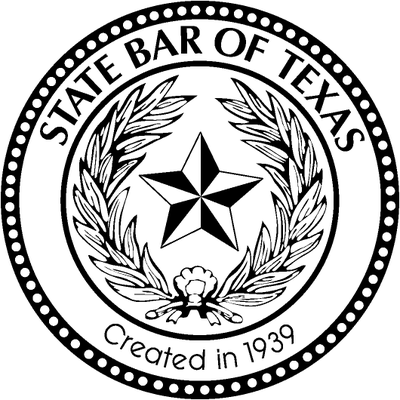In April, I wrote about the enforceability of forfeiture clauses in an article published in Texas Lawyer and reprinted with permission here. A forfeiture clause requires an employee to forfeit his right to compensation if he engages in activity detrimental to the company, such as working for a competitor.
In Drennen v. ExxonMobil Corp., the employee participated in a profit-sharing plan. The plan awarded him stock options worth $6 million unless he went to work for a competitor, in which case he would forfeit the options. After he left and went to work for a competitor, ExxonMobil cancelled his stock options. He sued, arguing that the forfeiture clause was an unreasonable restraint on trade because it did not contain any limitation as to time, geographic area, or scope of activity to be restrained.
The court of appeals agreed. It held that the forfeiture clause was effectively a covenant not to compete and must comply with the statutory requirements of section 15.50 of the Texas Business and Commerce Code. The profit-sharing program contained a New York choice-of-law provision, which the court found unenforceable.
Last week, the Texas Supreme Court reversed. First, though the employee worked in Texas and the company is headquartered in Texas, the court held that the New York choice-of-law provision was enforceable because applying New York law was not contrary to a fundamental policy of Texas.
Second, applying the “employee choice” doctrine, the court held that under New York law, the forfeiture clause was not a noncompete because it does not limit Drennen’s “professional mobility.” In other words, unlike a traditional noncompete, whereby a court can restrict an employee from working for a competitor, here, nothing restricts Drennen from working for a competitor—it’s just that if he does, he won’t get the $6 million in stock options. According to the court, there is a distinction between a noncompete, which seeks to protect an employer’s investment, and a forfeiture clause, which seeks to reward an employee’s loyalty.
Though the court declined to decide whether such a forfeiture provision is enforceable under Texas law, it stated in dicta that under Texas law, forfeiture clauses in non-contributory profit-sharing plans “clearly are not covenants not to compete.” Consequently, Drennen provides some support for the idea—once inimical in Texas—that an employer can buy a noncompete—I mean, an employee’s loyalty.









